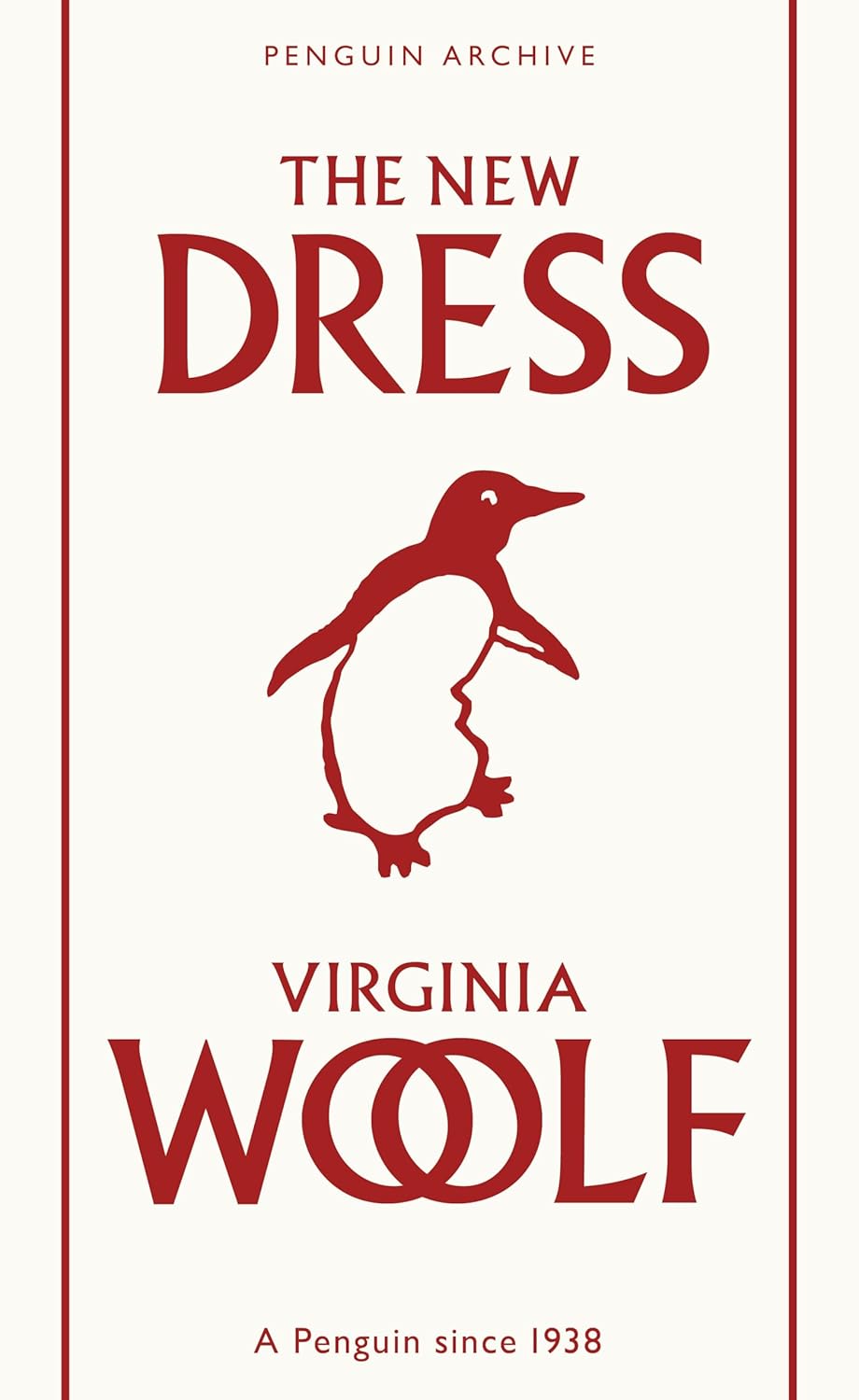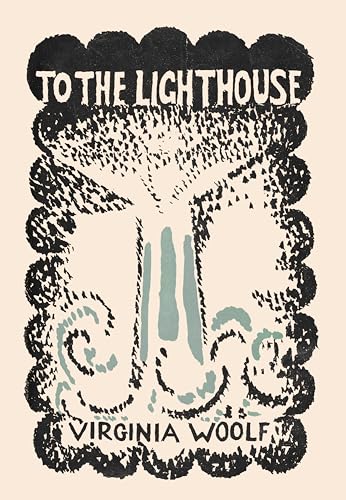'One of the greatest elegies in the English language, a book which transcends time' Margaret Drabble To the Lighthouse is at once a vivid impressionistic depiction of a family, the Ramseys, whose annual summer holiday in Scotland falls under the shadow of war, and a meditation on marriage, on parenthood and childhood, on grief, tyranny and bitterness. The novel's use of stream of consciousness, reminiscence and shifting perspectives gives it an intimate, poetic essence, and at the time of publication in 1927 it represented an utter rejection of all that had gone before. Edited by Stella McNichol with an Introduction and Notes by Hermione Lee
Virginia Woolf
Virginia Woolf was a prominent English writer and modernist literary figure. Known for her stream-of-consciousness writing style, she challenged traditional narrative structures and explored themes of gender, class, and mental health in her works. Some of her most notable works include "Mrs. Dalloway," "To the Lighthouse," and "Orlando." Woolf's contributions to literature include her innovative approach to character development and narrative technique, as well as her exploration of the inner lives of her characters. Her most famous work, "Mrs. Dalloway," is considered a masterpiece of modernist literature and a reflection of Woolf's unique literary voice. Woolf's impact on the literary genre is undeniable, as she paved the way for future generations of writers to experiment with form and style in their own works.








